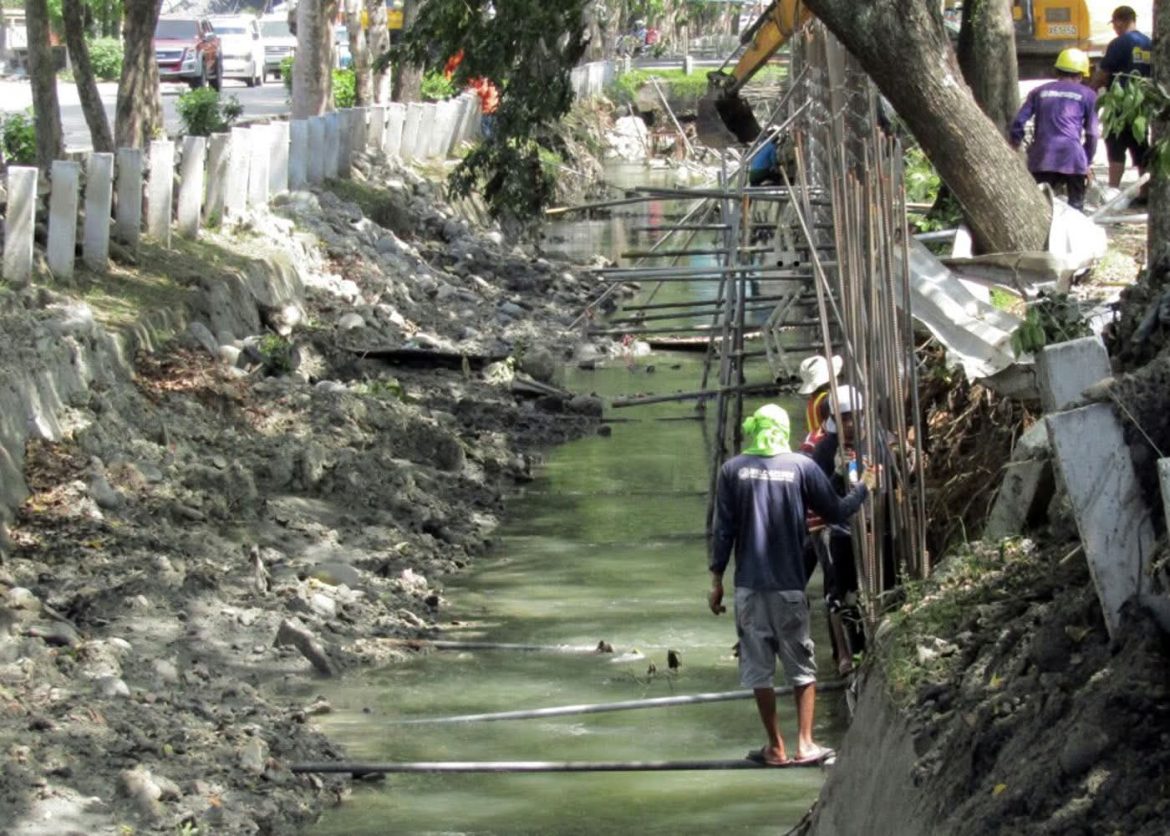AS AN organization championing sustainable transformation, the Interfacing Development Interventions for Sustainability (IDIS) expresses deep concern over the worsening flooding experienced in Davao City and across the Philippines. The recent floods that submerged key urban areas once again exposed the vulnerability of our cities and the inadequacy of flood control measures meant to protect lives, livelihoods, and infrastructure.
Our research in Davao City reveals a clear pattern with national relevance: many of the city’s flood-prone areas were once wetlands, tidal marshes, swamps, and natural catch basins. Decades of unchecked urban development have reclaimed, converted, and altered these ecosystems, resulting in a staggering 95% loss of wetlands since 1945 in Davao City. With rising sea levels and more intense rainfall due to climate change, waterways can no longer properly drain during high tides, causing floodwaters to spill into streets, homes, and establishments.
This situation in the city reflects a larger problem nationwide. Despite billions of pesos in annual allocations for flood control projects through Local, Regional, and Congressional funds, flooding continues to worsen in many cities and provinces. This raises urgent questions about the effectiveness, transparency, and accountability of flood control projects across the country.
We call on the Department of Public Works and Highways (DPWH), local governments, and legislators to:
Provide full public disclosure on the status and effectiveness of flood control projects funded across the country;
Go beyond short-term, “grey” infrastructure solutions that often displace flooding rather than solve it;
Prioritize Nature-based Solutions (NbS) such as watershed protection, construction of retention and detention ponds, mangrove rehabilitation, and the restoration of wetlands and estuarine marshes. These solutions offer long-term, climate-resilient protection against flooding.
The worsening floods in Davao City are not an isolated event—they are a warning signal of what is happening and will continue to happen nationwide if business-as-usual approaches persist. Flooding is not just a local inconvenience; it is a national climate emergency that demands decisive, coordinated, and science-based action from all levels of government.
Only by combining transparent governance with sustainable, nature-based strategies can we safeguard communities across the Philippines from the escalating threats of climate change.
MEDIA CONTACTS
ATTY. MARK T. PEÑALVER
Executive Director
+63939 630 7124
ENP. LEMUEL MANALO
Program Coordinator
+63943 616 9092
ZOE MADRIDONDO
Policy Advocacy Officer
+63966 860 4147



